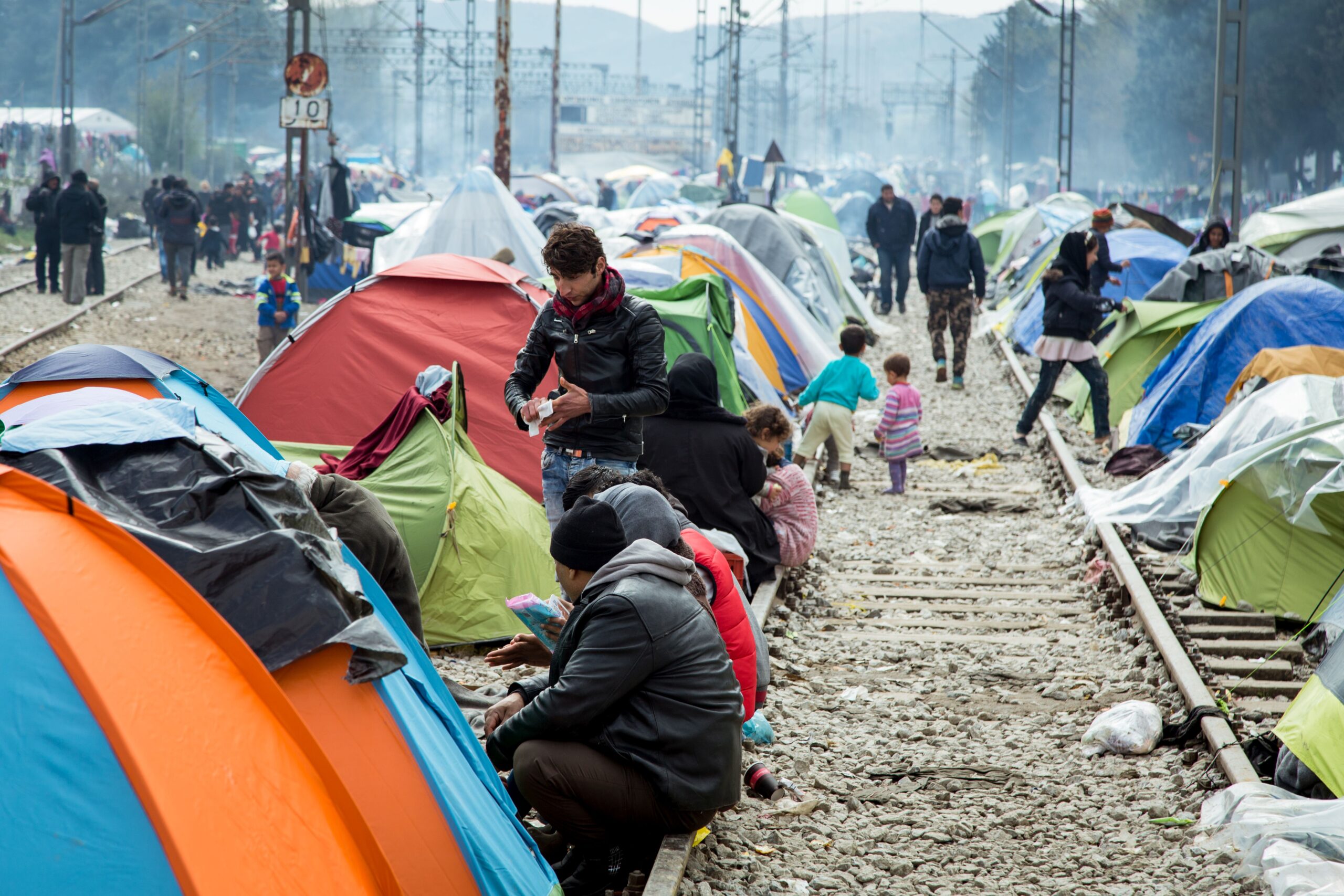The Bahá’í teachings encompass profound principles that address pressing contemporary issues, including the plight of refugees and the concept of migration within the framework of a global society. These teachings articulate a vision of humanity as one interconnected family, emphasizing the necessity for compassion and collective responsibility in the face of displacement. The migration phenomenon, having escalated alarmingly in recent years due to various geopolitical, social, and environmental factors, compels us to reflect on deeper moral and ethical imperatives, as well as the urgent call for unity and action.
At the core of Bahá’í belief lies the principle of the oneness of humanity, which posits that all individuals, regardless of nationality, ethnicity, or status, share a fundamental connection. This foundational tenet compels Bahá’ís to recognize the plight of refugees and displaced individuals not merely as a humanitarian issue, but as a reflection of our collective identity. The dimensions of this teaching fulfill a dual role; they inform both personal conduct and the broader societal framework we inhabit.
The global refugee crisis, exacerbated by conflicts, natural disasters, and systemic injustices, serves as a poignant reminder of human vulnerability. Each statistic represents a life uprooted, a narrative truncated, and potential unrealized. Addressing this crisis requires insightful consideration of the root causes of migration, which are frequently intertwined with economic disparities, political instability, and cultural upheaval. Bahá’í teachings offer an unequivocal call to action — a clarion demand for justice, equity, and compassion.
Fundamentally, the Bahá’í doctrine encourages adherents to act on behalf of those marginalized and displaced. The teachings stress the importance of service and advocacy on behalf of refugees, emphasizing that society’s moral compass is measured by its treatment of the vulnerable and oppressed. This perspective urges individuals to engage with the refugee population actively, not merely as passive observers but as allies and advocates working towards societal transformation. Empathy, thus, emerges as a pivotal theme in Bahá’í thought, which posits that understanding the experiences and challenges faced by refugees is essential for fostering collective action.
The practical application of these teachings is evident in community-building efforts that promote inclusivity and support mechanisms for migrants. The notion of “Citizens of One City” exemplifies this integration of individuals from diverse backgrounds into a harmonious and cooperative society. The ideal suggests that all inhabitants of the world should view themselves as citizens of a singular, united community — transcending geographical boundaries. This unity fosters a spirit of collaboration, where the contributions of refugees are recognized as vital to the enrichment of cultural and social fabric.
Interestingly, this overarching principle of unity invites inquiry into the psychological and philosophical dimensions of migration. Migration often incites feelings of estrangement and dislocation, leaving individuals grappling with identity and belonging. The Bahá’í teachings advocate for resolving such existential dilemmas through community engagement and a commitment to shared goals. Thus, the concept of a global community serves not only as an ethical responsibility but also as a psychological balm for those enduring the trauma of displacement.
Moreover, Bahá’í teachings underscore the importance of education and empowerment for refugees. Access to education is paramount in facilitating not just survival but dignified living. Learning environments engender resilience and hope, enabling individuals to reclaim agency over their lives. Education, framed within the context of the Bahá’í principles, is viewed as a means of unlocking potential. By addressing educational inequities, society may dismantle barriers that hinder the full participation of refugees within their host communities.
In addition to educational initiatives, fostering economic opportunities is essential for integrating refugees into society effectively. Economic self-sufficiency can alleviate many of the challenges faced by displaced individuals, transforming them from passive recipients of aid into active contributors to their communities. When refugees are afforded the dignity of labor and the possibility of entrepreneurship, they contribute not only to their well-being but enrich the economic fabric of society as a whole. Bahá’í teachings advocate for systems that embrace equitable economic development, recognizing that the prosperity of one is intrinsically linked to the prosperity of all.
This interdependence also aligns with the Bahá’í perspective on global governance and collective responsibility. The challenges posed by migration require collaborative solutions that transcend national interests and recognize the global interconnectedness of humanity. As articulated in Bahá’í writings, the establishment of a global framework for the fair treatment of migrants and refugees is essential for promoting peace and security. Such a governance structure would embody principles of justice, respect, and compassion, aligning with the higher ethical standards espoused by the Bahá’í faith.
To encapsulate, Bahá’í teachings on refugees and migration are stems of a larger ethical discourse rooted in the oneness of humanity. By fostering empathy, advocating for justice, and promoting inclusive practices, Bahá’ís embody the practical application of these spiritual principles. It is a shared responsibility to ensure that refugees are recognized not only as victims of circumstance but as integral components of a diversified society enriched by their contributions.
Ultimately, the teachings call for a paradigm shift in how we perceive and engage with migration. It transcends mere humanitarian aid; it is a clarion call for recognizing our shared humanity and collective destiny. The vision of “Citizens of One City” embodies a transformative approach, reminding us of our responsibility to nourish the bonds that unite us, bridging the chasm wrought by borders, and celebrating the diversity that enriches our global civilization.
